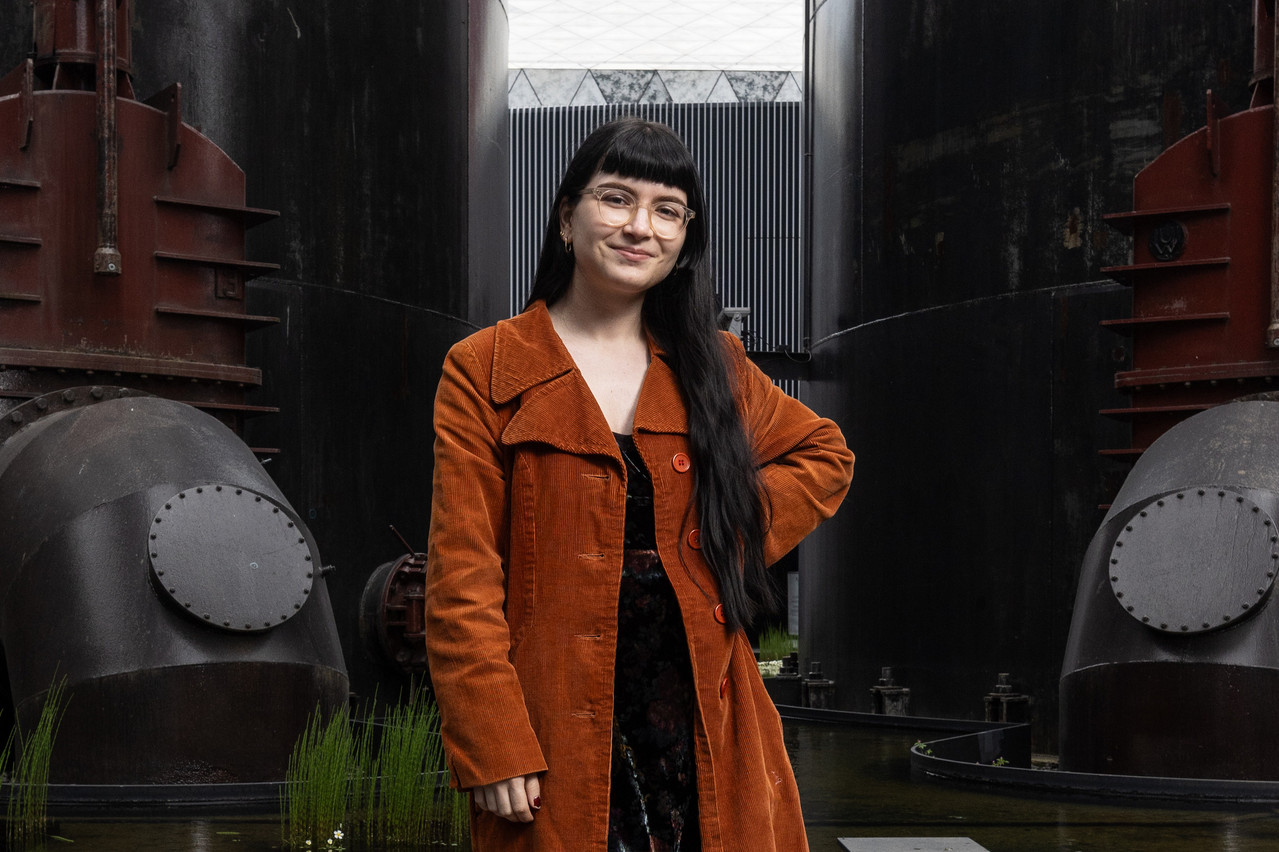Delano: What gets you out of bed in the morning?
Anastasia Iampolskaia: It would be a lie to say something generic and hopeful like: “Every morning, I wake up with determination and I am fuelled by my passion for a better future.” My generation has experienced too many crises in our short time on this planet. Crises such as climate change will only become worse during our lifetime if no immediate action is taken. What gets me out of bed is the feeling that, if I don’t do something, things will get worse. Mark Fischer said, “It is easier to imagine an end to the world than an end to capitalism.” I firmly fight for and envision a better future without capitalism. In that regard, I actually am hopeful and determined, but it’s fuelled by anxiety and anger towards the status quo.
What’s something that most people don’t realise about the upcoming elections?
National Parliament elections and European Parliament elections are not on the same level. The latter are pivotal for addressing transnational challenges such as climate change, migration and economic policies. Furthermore, the European Parliament has a lot of competences that can overrule national interests. Voters might overlook that parties’ national interests differ from their European interests. Moreover, electing conservative and right-wing party representatives could not only harm your country, but everyone from the member states and affect the lives of people outside Fortress Europe. Nationalistic policies can result in damage for everyone, especially with the current rise of Euroscepticism and populism.
What does Europe mean to you?
To me, Europe symbolises cooperation, freedom, solidarity and progress. I have had the possibility to study abroad in another EU member state without any issues and I can freely visit my friends who also study abroad across Europe. The values of Europe are what make me feel European: human rights, democracy, freedom, equality and solidarity. It is Europe’s job to safeguard fundamental rights, promote democracy and work towards a sustainable future for all its citizens, regardless of their backgrounds. Nevertheless, to say that I only associate positive feelings with Europe would be dishonest. The EU has flaws such as its imperialist attitude in its foreign policy and unequal trade agreements, just to name a few. In that regard, Europe needs to adhere to its norms and values more closely.
Which place in Luxembourg represents Europe to you?
The blast furnace in Belval is one of the many places that reminds me of Europe. Each time I look at it, I am reminded of the European Coal and Steel Community, which was the precursor of the EU. It is believed that the EU started as a peace project to ensure stability on the continent after World War II. However, many forget that, at its core, it was an economic project based on the production of vital resources: coal and steel. It was a means to ensure economic interdependency to help reduce the possibility of war.
A shorter version of this interview first appeared in of Delano magazine.
